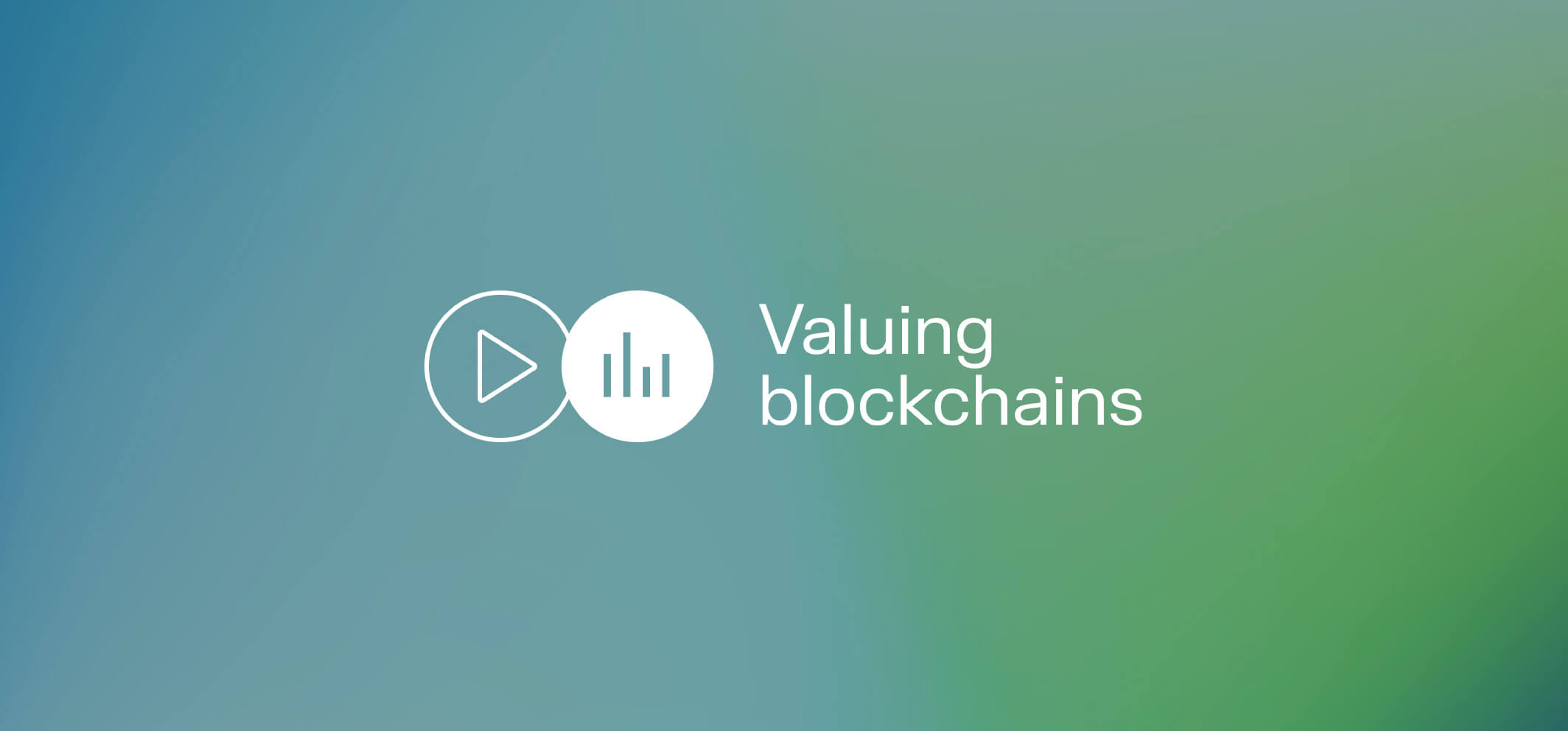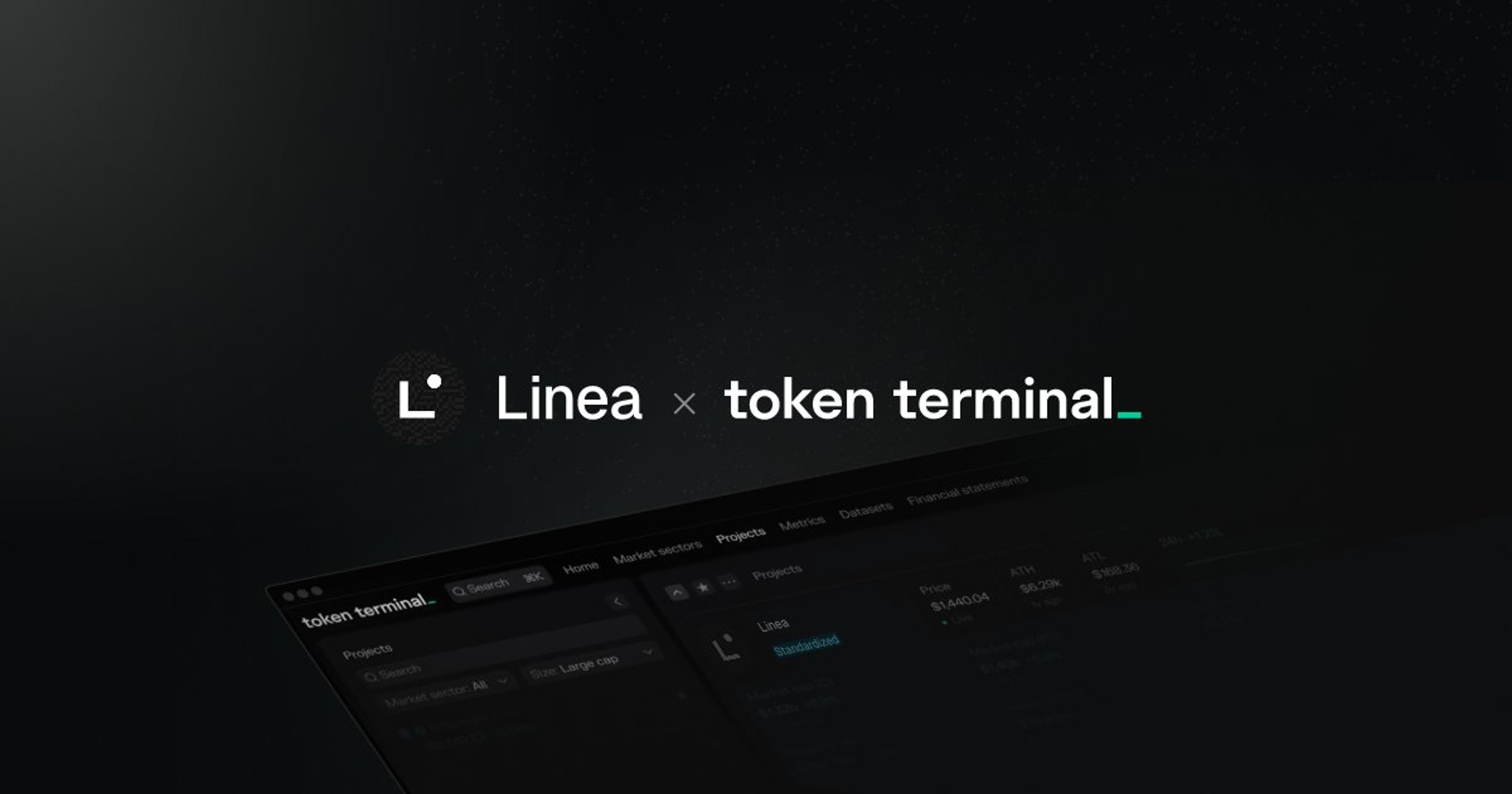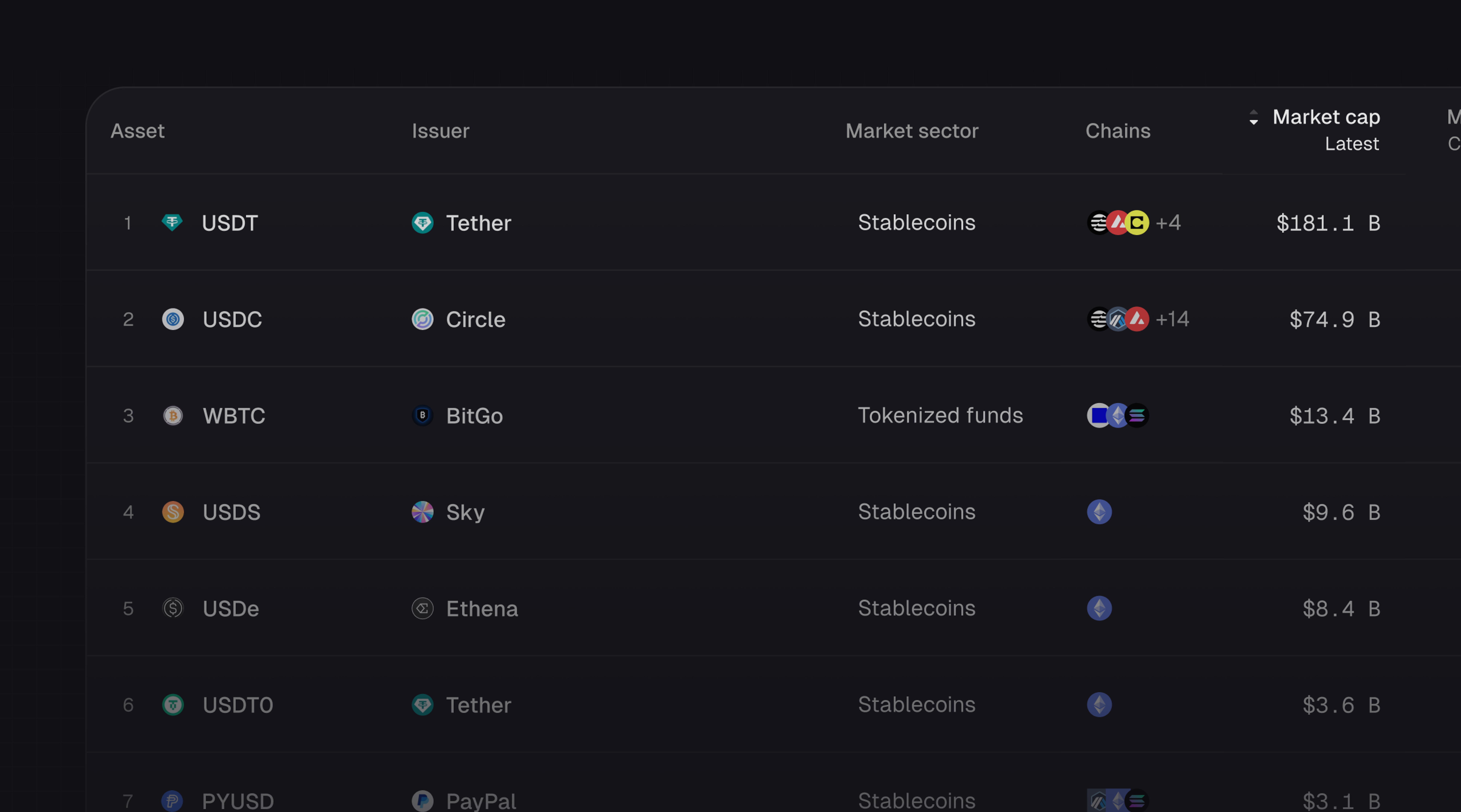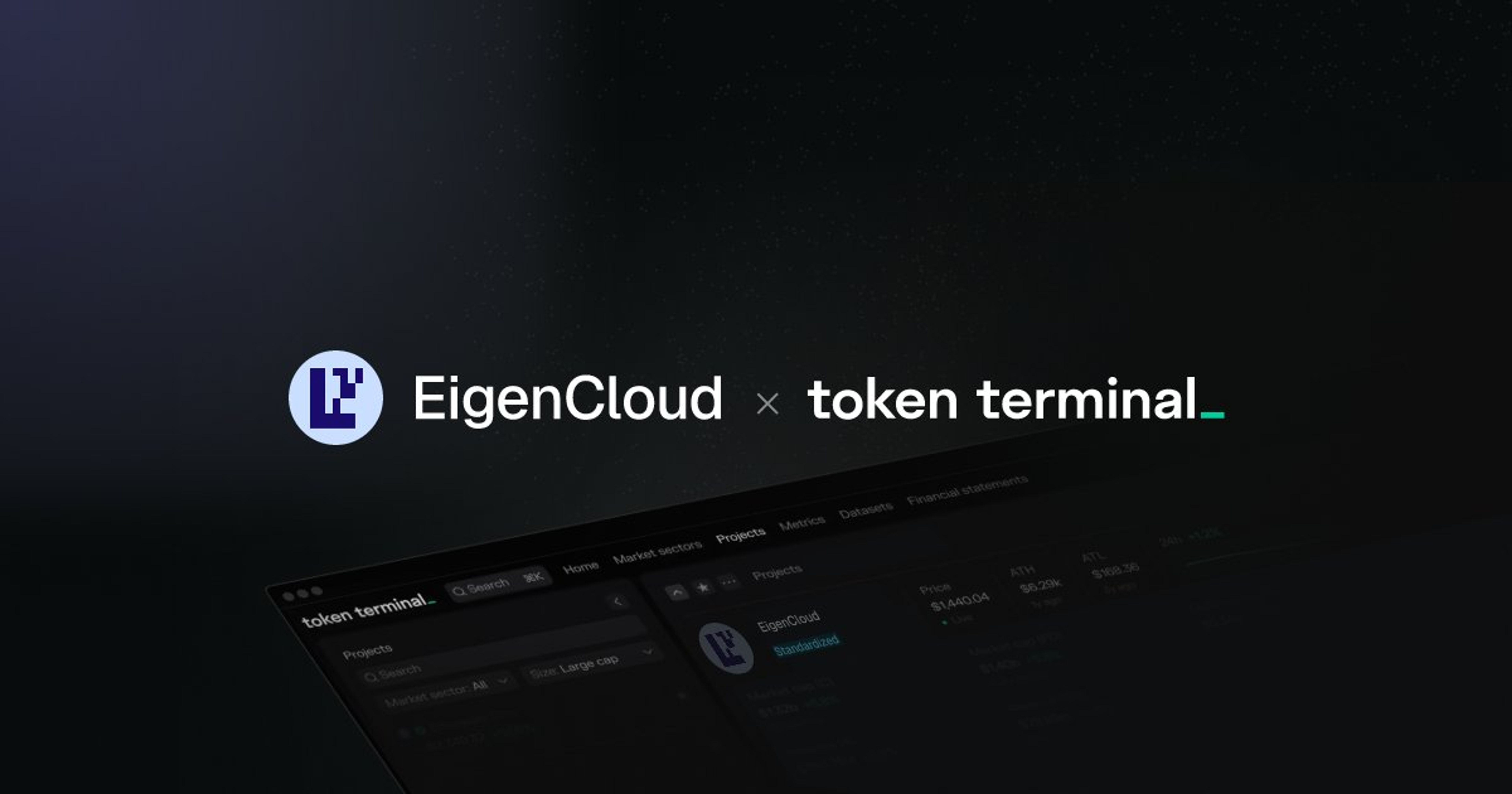Interview
Fundamentals ep.61

In this episode of the Fundamentals podcast, I’m joined by Michael Nadeau, a crypto data and research analyst, and author of The DeFi report.
Listen to the episode:
We explore how blockchains can be valued, especially from the perspective of more traditional and institutional investors. We discuss the main differences between traditional assets and crypto assets - focusing on L1 blockchains and their native tokens, the role of key metrics in analyzing these projects, we speak about market consensus and the roles of buy and sell-side analysts, the similarities and differences between blockchains and web2 businesses, and how comparisons can be drawn from specific key metrics.
Michael also walks us through several valuation frameworks and how they can be applied to blockchains, and we wrap things up with thoughts on how he sees valuation frameworks developing now that institutions are slowly entering the space.
Timestamps:
00:00 Introduction
02:00 Mike’s introduction & background
04:33 The main differences between a traditional asset (stock), and a crypto network (Ethereum)
09:05 The role of key metrics in analyzing assets (crypto vs. tradfi)
13:07 The typical roles and perspectives of buy-side and sell-side analysts
16:42 Conducting due diligence
18:18 Comparing Ethereum to traditional businesses like Apple and Amazon
21:58 Token incentives as a superior capital formation tool
27:25 Valuation methodologies: Robert Greer framework
30:47 Valuation methodologies: DCF analysis
32:21 VanEck’s Ethereum valuation methodology
34:45 Valuation methodologies: TAM analysis
36:25 Blockchains as economies & GDP analysis
38:59 How metrics like L2 take rate, App/Protocol layer take rate, and validator yield effect the value of an L1 blockchain
42:06 Closing thoughts: the future of valuation frameworks for crypto networks & the effects of institutions entering the space
The authors of this content, or members, affiliates, or stakeholders of Token Terminal may be participating or are invested in protocols or tokens mentioned herein. The foregoing statement acts as a disclosure of potential conflicts of interest and is not a recommendation to purchase or invest in any token or participate in any protocol. Token Terminal does not recommend any particular course of action in relation to any token or protocol. The content herein is meant purely for educational and informational purposes only, and should not be relied upon as financial, investment, legal, tax or any other professional or other advice. None of the content and information herein is presented to induce or to attempt to induce any reader or other person to buy, sell or hold any token or participate in any protocol or enter into, or offer to enter into, any agreement for or with a view to buying or selling any token or participating in any protocol. Statements made herein (including statements of opinion, if any) are wholly generic and not tailored to take into account the personal needs and unique circumstances of any reader or any other person. Readers are strongly urged to exercise caution and have regard to their own personal needs and circumstances before making any decision to buy or sell any token or participate in any protocol. Observations and views expressed herein may be changed by Token Terminal at any time without notice. Token Terminal accepts no liability whatsoever for any losses or liabilities arising from the use of or reliance on any of this content.
Stay in the loop
Join our mailing list to get the latest insights!
Continue reading

Customer stories: Token Terminal’s Data Partnership with Linea
Through its partnership with Token Terminal, Linea turns transparency into a competitive advantage and continues to build trust with its growing community.

Introducing Tokenized Assets
Token Terminal is expanding its standardized onchain analytics to cover the rapidly growing category of tokenized real-world assets (RWAs) – starting with stablecoins, tokenized funds, and tokenized stocks.

Customer stories: Token Terminal’s Data Partnership with EigenCloud
Through its partnership with Token Terminal, EigenCloud turns transparency into a competitive advantage and continues to build trust with its growing community.